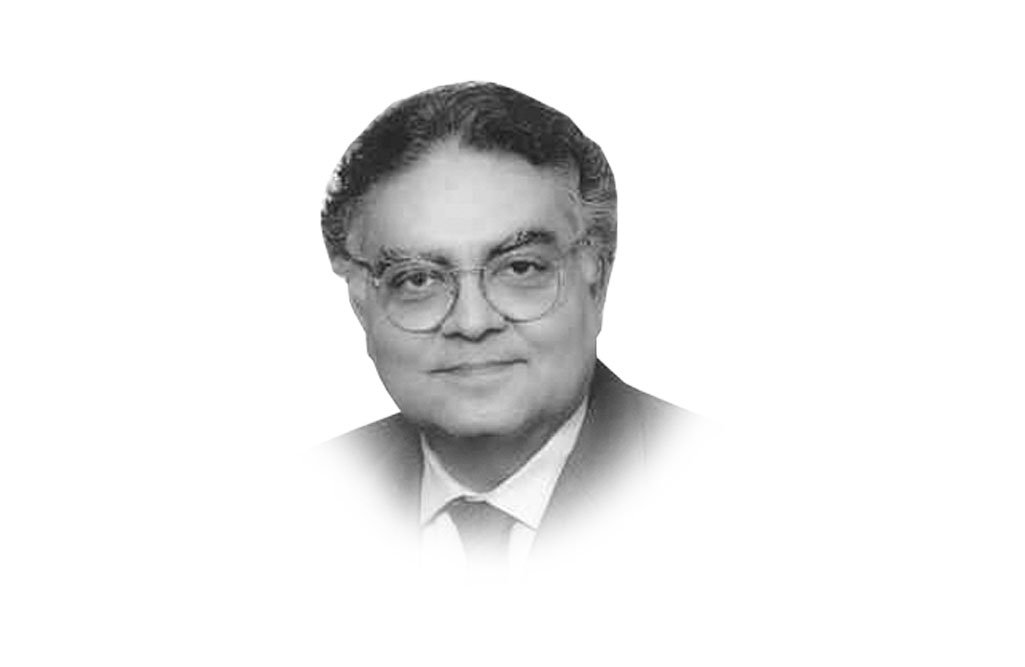
The fundamental weakness in the existing democratic structure is that it is dominated by a coalition of power elite that restricts the entry of the middle classes and the poor into the power structure. The major political parties do not have internal democracy for electing party leaders and are run as fiefdoms by individual families of landlords or the big capitalists. There is, therefore, no accountability of party leaders before the rank and file of party members. The military is a key player in the power structure and has substantial influence over policymaking and resource allocation, even in ostensibly elected civilian governments. It has, also, repeatedly overthrown elected civilian governments in the past and continues to have the ability to do so if the circumstances are favourable. With such an exclusive power structure in the polity, the various factions of the elite coalition are able to configure an extractive economy and can systematically generate rents (unearned incomes) for themselves. These rents take either legal or illegal forms called corruption, but both forms are endemic to the mode of governance and the structure of the economy. Political instability usually occurs due to occasional acute contention among factions of the elite coalition for a share of the power and thereby the economic cake, as we have witnessed during the current regime. It can, in the future, occur through a coordinated assault mounted by extremist militant groups. A destabilisation of the existing political order can also occur through a mass movement of the deprived sections of society led by a demagogue.
The current crisis of the state is not only due to intensified contention within the elite coalition but essentially because of their collective failure to control violence and widespread disorder. Control of violence for the protection of the life of citizens is the fundamental function in terms of which rulers seek legitimacy, i.e., the right to rule. There are repeated demonstrations in various cities by the victims of extremist violence: the most poignant being the recent sit-in, in Quetta, by the Hazaras who refused to bury their dead until the provincial government that had failed to protect their lives was dismissed. This resentment of citizens against a mode of governance that had failed to provide them security is reinforced by increasing mass poverty, food insecurity, severe shortages of electricity and gas. Yet, the elite live in luxury and appear indifferent to the plight of the people. The distress of the large majority of citizens is the fuel that can be ignited into a violent mass movement by an individual or group promising radical change.
Dr Qadri tapped into the principal determinants of this resentment in his fiery rhetoric: economic deprivation of the masses in contrast to elite luxury, corruption and the failure of the government to provide security to its citizens. Yet, his specific demands were not radical and mainly remained within the Constitution. There is now a need to deepen democracy, by making the institutional structure of the polity, as well as the economy, inclusive. The middle classes and the poor must be enabled to participate in both governance and economic growth and citizens’ security must be ensured: democracy must deliver if a violent assault on the democratic structure is to be avoided.
Published in The Express Tribune, January 21st, 2013.
COMMENTS (14)
Comments are moderated and generally will be posted if they are on-topic and not abusive.
For more information, please see our Comments FAQ

1725877703-0/Tribune-Pic-(5)1725877703-0-165x106.webp)










Dr Qadri’s role in this entire drama must be questioned. Now that the storm has abated, everything about Mr Qadri’s exploits must be investigated. It is being reported that the Canadian authorities have summoned Mr Qadri to question him about why he has been in Pakistan when he applied for Canadian citizenship on the pretext of seeking asylum from that country. If this is true, the news serves as another blow to the doctor’s credibility. Now that Tahirul Qadri’s little crusade is over, it is extremely important that the government and all political entities do one thing: wake up. No matter who the quack may be, the people will follow him. Anomalies like Mr Qadri should be relegated to the dustbin where they belong by the united democratic forces.
Can some one tell me in Urdu what is the equivelent of the Hindi word Punya ( fruits of good deed ) - the opposite of Sin? Thankx in advance .
I wonder what you think of this morning's Times of India editorial on Mr. Qadri?
For a minute, let us ignore his antics, parachute landing, funding and comfortable living while masses braved the chilling weather. Let us also ignore, who won and who lost, the marginal gains and losses. Just at the right time (election fever), with his fiery speeches he has managed to reach millions and bring the corruption and the scale of it to forefront, shaming and naming the executives openly in the process. If he manages to harness this people’s power, he can be a king-maker in the upcoming elections.
@Roni:
You raise some interesting points. I like you reference to "another water-powered car"! Very clever.
I believe Mr Qadri has denied that he sought asylum. If not, how and why did he go to Canada?
The facts should be pretty easy to check out. I hope someone does.
lack of conscience in Pakistanis.
And Sir please tell us how can new entrants mad debut when democracy is not continuous and that the military insert its own stooges like IK and TUQ when people really start thinking for a third force.?
@meekal a ahmed: Sir I agree with you fully. While it is true most of the Pakistanis are suffering but how did all the sufferings in Pakistan affected Qadri? What prompted him to come over with tens of crores at the end of 5 years term with the election in a few months if not weeks? A man who perjured on oath and on Canadian welfare can uplift Pakistanis from the charity is another water powered car. The problem is in Pakistan the politicians are self appointed for life in every party yet they accuse the other party of doing this. Most of these leaders have never actually had a job or career in their lives and they have been living all their lives on other people's money and they want Pakistan not to be a beggar nation?
I am proud to be a Canadian because of Dr. Quadri Sahab. He has helped convert so many Canadians to Islam and is a true Muslim who will lead Pakistan. Under his leadership Pakistan will lead the entire Islamic world to light and progress. Insha Allah in the next 10 years entire Canada will be Islamic due to his tireless endeavor. I think my fellow Pakistanis have got lazy and need to learn the meaning of self sacrifice if we have to progress.
I am sorry but Tahirul Qadri lost any respectability when we all found out he was an asylum seeker who lives on state khayrat in Canada. Imagine the average Canadian taxpayer who is paying for his means of living while he doesn't work but engages in politics in the very country he says he had to run away from because of persecution. After all the basis of asylum is that you will be harmed or persecuted in a country and Tahirul Qadri has made a mockery of Canadian laws, welfare and Muslims in general. How can he speak for anyone?
Brilliant a usual sir!
Doctor Sahib,
Good grief!
"Economic deprivation of the masses in contrast to elite luxury" ...... while he stood in a bullet-proof, heated enclosure in comfort and food from a five-star hotel just around the corner.
What was it, I wonder. Chicken biryani, white meat only?
What a phoney and a "munafiq" -- which the Koran condemns as the greatest sin.
Patience is the key. We must wait till many more elections are held and democacy takes its roots. With passage of time, guidance and training of masses will bring desired results. For now alternative is military dictatorship. There too, elite rules but unike democratic elite, they are not answerable to anyone. Atleast in democracy, elite goes to masses to beg support. Military elite does not go to their subjects and subordinates.
Excellent, level headed opinion piece. What you suggest should have been undertaken years ago and still can be done today.
The question that arises is that those who are supposed to do it, do not see the need to do it because they are comfortable within this system and the public do not matter - as yet.
The only thing that Qadri did was to rock the boat, we can only hope that some good may come out of this.